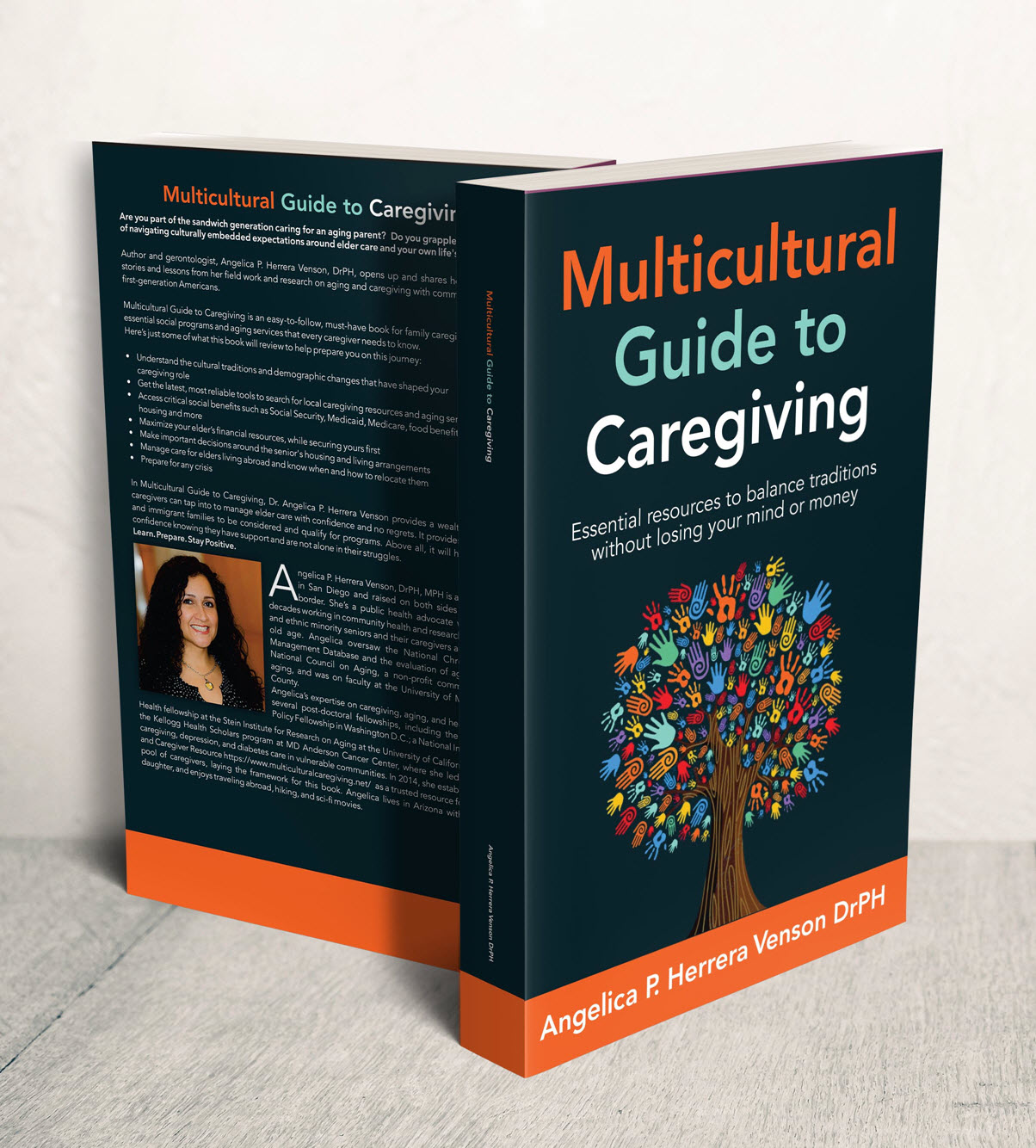
At Kapok, we like to look at the impact that culture has aging – and on the caregiving journey. Your physical location, ethnicity, and cultural background can all strongly influence your life, which doesn’t need to be a bad thing at all.
But, good or bad, it’s important to talk about these differences. Understanding the role of culture can help you to make good decisions and to clearly see where your biggest challenges lie.
We’ve highlighted patterns in other countries before, including Vietnam, China, India, and Ethiopia. Today, we’re talking about Pakistan.
If you reside in the U.S., don’t forget to check out our new book, Multicultural Guide to Caregiving. Our goal is to help families with roots in countries outside of the U.S. to better tackle caring for aging parents, even from a distance. We connect you to critical benefits and social services in the U.S., as well as strategies for managing the financial demands of elder care across the seas.

Get the Book On Amazon
The Situation in Pakistan
As is the case for many countries, Pakistan is going through a demographic shift. On average, the population is aging. Right now, roughly 4% of the population is older than 65 years of age, but percentage will dramatically rise in the next decade or two.
There are also shifts in values and priorities.
One key area is the way that families are structured.
South Asian countries, including Pakistan, still have a culture of large families living together under a single roof. This pattern can be seen in some minority groups in the United States as well, and often means that there are multiple generations living together in the same house.
This type of living situation provides ready-made support for seniors as they age. Seniors can also find a sense of purpose, as they are able to contribute to the household, such as by providing childcare and perhaps helping with housework.
As the country’s literary rate has increased, there has been a trend towards fewer children and smaller families. At the same time, children are often choosing to travel overseas to find better jobs or simply to explore the world.
This means there are now fewer adult children to provide care and support for aging parents. In some cases, the parents are left to support themselves.
Pakistani seniors who have saved for retirement or worked in the right type of job may have the financial means to support themselves and to hire any support that is needed. However, there are many cases where seniors simply will not have the money that they need. After all, some people end up scraping to make ends meet for most of their lives. When this happens, they simply do not have the resources to save for their retirement.
Plus, when there is a culture of multigenerational living in place, some seniors may have assumed that they would be able to live with their adult children – only to find out that this isn’t the case at all.
Support for Seniors in Pakistan
Demographic and behavioral shifts like this aren’t unique to Pakistan. Similar patterns are happening in many other countries.
Such changes are a serious problem because countries that have relied on multigenerational households for caregiving often don’t have many alternative systems in place.
Sources of Income
In Pakistan, remittances from adult children remain one of the main forms of income for retired citizens. However, not all adult children send remittances and sending money internationally can be a complicated process at the best of times.
Pensions are the other notable source of income.
However, these are only allocated to people who have worked in the formal sector of the economy. Most of the working population operates in the informal sector instead, so they do not receive much financial support at all.
Additional Financial Challenges
The situation in Pakistan is complicated by multiple factors.
One is increasing inflation. As inflation increases, people end up getting less for their money, which is a serious challenge for those who were already struggling financially.
Another issue is health insurance.
Many people in Pakistan do buy health insurance, especially in light of the COVID-19 outbreak. Health insurance is especially popular for seniors, as the older population tends to be more vulnerable to disease due to current health problems and lower immune systems.
Even so, Pakistan doesn’t have a strong culture of health insurance. There are also limited plans to choose from and some seniors will not have the money needed to invest in health insurance.
Thankfully, health insurance policies in Pakistan are regularted by the federal and provincial ministries of health. This means that the insurance companies are bound by the rules and regulations of these health minsitries, which helps to protect seniors.
The main option for seniors at present is the Senior Citizens Health insurance Plan. This specifically focuses on helping people to stay healthy and treating age-related illness. It covers hospitilization charges and other healthcare expenses for people who are over 65 years of age.
Other options will hopefully be available in the future as health insurance becomes a more commoon approach in Pakistan.
Health Reforms and Additional Support

There have been serious concerns about the health and living situations of seniors in Pakistan. One study revealed serious problems with healthcare services and health facilities in the country.
Health reforms have aimed to improve the situation, including some that are specifically targeted at seniors and people who are underprivileged. One example is the Insaf Sehat Card, which guarantees healthcare coverage of up to 700,000rs for each family in the KPK province.
The Federal Government of Pakistan has also developed a social security program that provides grants and pensions to a wider range of seniors than were previously covered. This is an important step in supporting seniors and helping them to live independently.
However, there are still many changes needed before there is enough support to meet the needs of seniors in Pakistan.
Challenges for Pakistani Children
The limited amount of government support in Pakistan means that seniors often need to rely on some financial support from their adult children. Many may also need practical caregiving support too, especially if they are unable to safely life on their own.
This places Pakistani children in the complex situation of deciding how to support their parents and how much support they are going to provide.
Adult children living overseas may do this by sending remittances, which provide seniors with the money that they need to survive. However, such remittances may not be enough, especially with current inflation rates.
Sending remittances through to family members comes with other challenges too.
Many adult children will have their own financial difficulties to worry about, including raising their own family, paying bills, and taking care of their own crises. Some will not have the money to financially support an aging parent as well.
Sending money might not be enough either.
What happens when seniors can’t safely live on their own? When they need some type of in-person caregiving?
The adult child may need to arrange this type of support, especially if the senior has cognitive challenges. Trying to arrange caregiving on a regular basis is hard enough when you live in the same city as your aging parent. Trying to do this internationally adds in a whole new set of challenges.

The Multicultural Guide to Caregiving
Multicultural Guide to Caregiving is an essential resource for balancing cultural expectations around elder care, without losing your mind or money in the process.
Feeling Overwhelmed?
Check out our Caregiving Consulting service for personalized support and guidance.


Leave a Reply